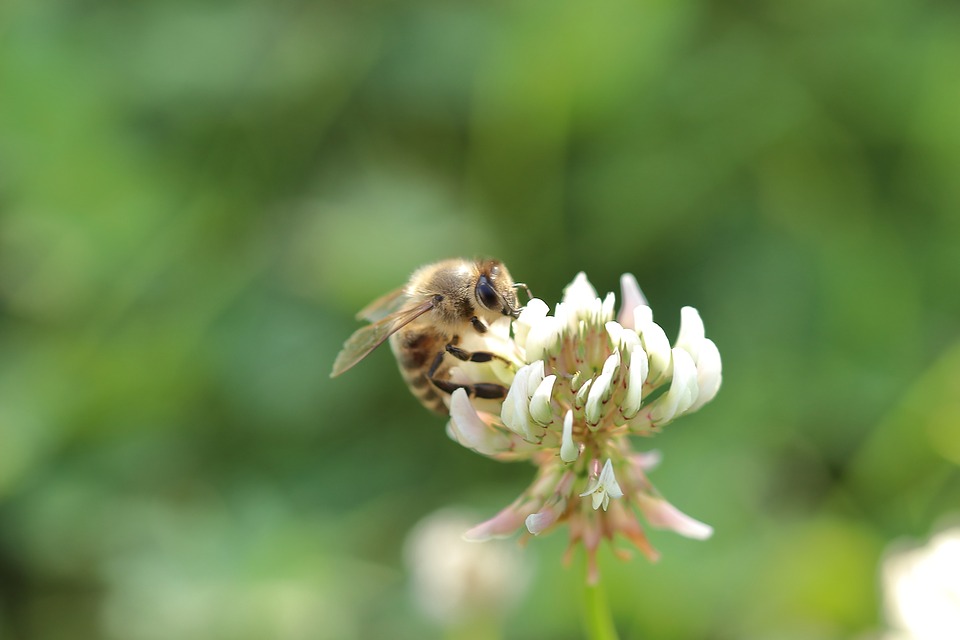AgriFutures Australia Program Manager Research and Innovation, Dr Melanie Bradley, said there are a range of funded research projects in progress that will support the long-term productivity, profitability and sustainability of the industry.
“One project in development is investigating the market and potential for profitable production of Australian produced propolis. It is a product in demand as a natural therapy treatment for wounds, cold sores, mouth ulcers, and has potential as an immune system booster,” said Dr Bradley.
Health benefits are a reoccurring theme in the honey bee industry. A second project is underway investigating the positive impacts of Australian eucalyptus honeys on gut health, with previous studies already demonstrating that these honeys have significant promise as a prebiotic. Proving the health benefit of Australian honeys could result in a significant economic boost to the Australian honey bee industry.
Aligning with the Program’s RD&E Plan, bee health is of significant importance and a research project has commenced that will examine the factors influencing chalkbrood outbreaks in Australia. Chalkbrood is a detrimental honey bee pathogen that can significantly reduce hive productivity and cause colony losses.
In the final year of the five-year RD&E Plan, the AgriFutures™ Honey Bee & Pollination Program has undertaken a significant amount of research to benefit the honey bee industry. One highlight research project delivered the most comprehensive seasonal data to date on the Small Hive Beetle (SHB), according to Dr Bradley. The SHB is the predominant apiary pest in the warm, moist regions of eastern Australia and Dr Diana Leemon investigated and developed an external attractant trap for the SHB in attempt to reduce numbers affecting hives.









